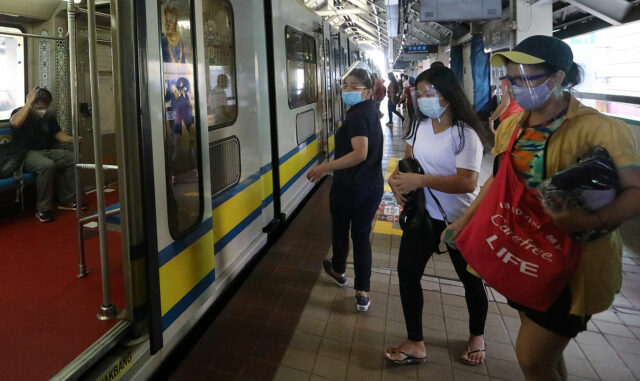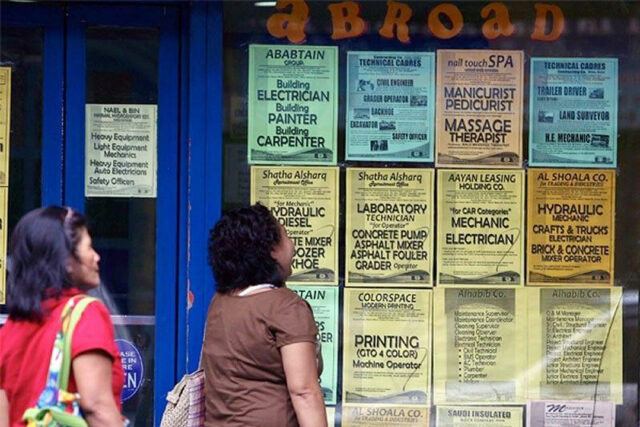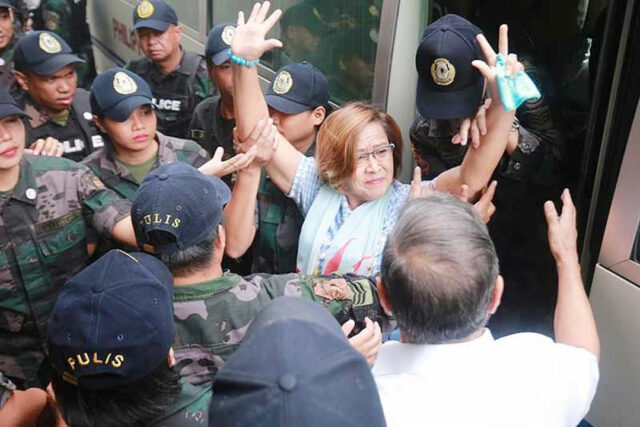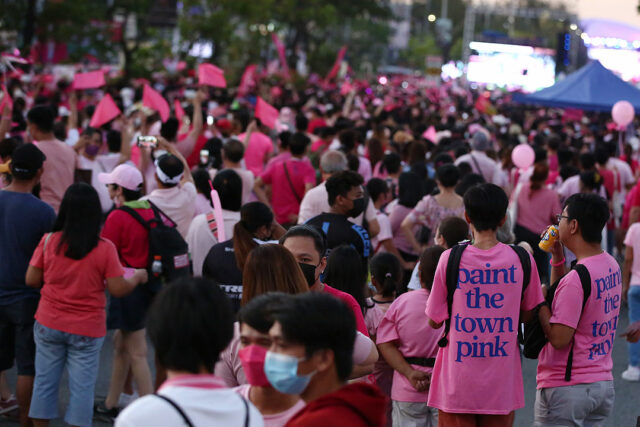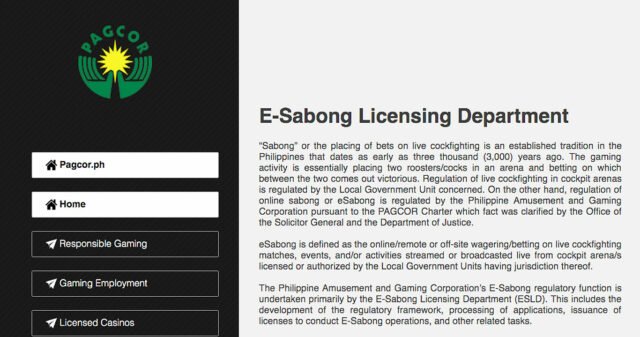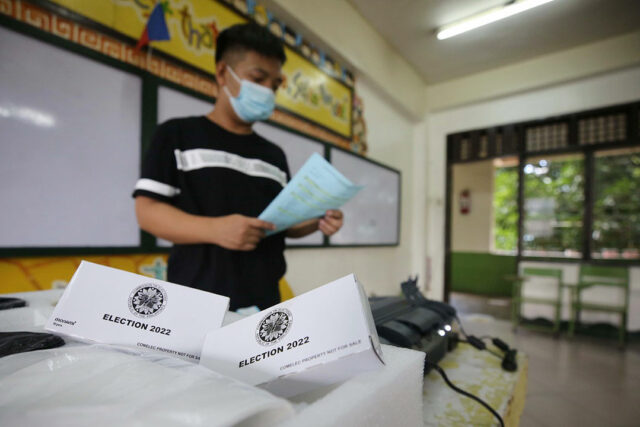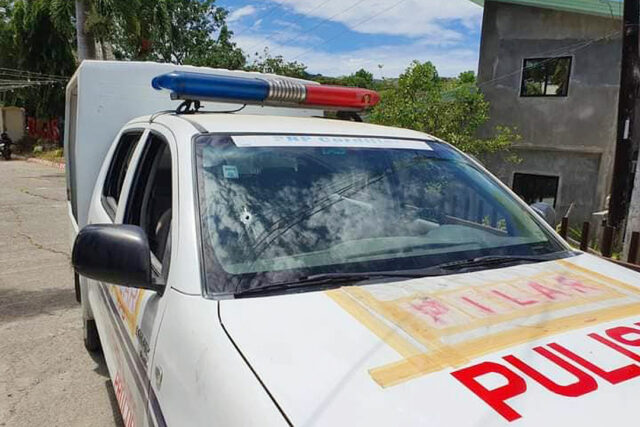MPIC stake decision on LRT-1 to hinge on election outcome
METRO PACIFIC Investments Corp. (MPIC) said on Wednesday that it is considering an increased stake in Light Rail Manila Corp. (LRMC), operator of Light Rail Transit Line 1 (LRT-1), though a final decision will depend on the outcome of the May 9 elections.
Its partner in LRT-1, Ayala Corp., has expressed an intention to divest.
“We are looking at it… but it will depend on the outcome of the elections actually, (as) we need to understand what the new President might expect from LRT-1 because we have pending applications for tariff adjustments,” MPIC Chairman Manuel V. Pangilinan said during a briefing.
“We have spent quite a bit of money to rehabilitate the existing system of LRT-1. I think starting today, the generation-4 train sets will be deployed… and we have started the construction of the extension of the LRT-1,” he added.
LRMC is a joint venture whose members are MPIC’s Metro Pacific Light Rail Corp. (MPLRC), Ayala Corp.’s AC Infrastructure Holdings Corp. (AC Infra), Sumitomo Corp., and the Philippine Investment Alliance for Infrastructure’s Macquarie Investments Holdings (Philippines) PTE Ltd.
MPIC said MPLRC has “an aggregate 55% interest” in LRMC. “MPIC’s effective stake in LRMC (through MPLRC) as of Dec. 31, 2021 was 35.8%,” it said in its annual report.
On its website, AC Infra said it has a 35% stake in the joint venture.
“I think the tariff adjustments are about 36% behind of what they should be, and we have actually given applications for the last three adjustments,” LRMC President and Chief Executive Officer Juan F. Alfonso said at the briefing.
“The group has continued to build the Cavite extension despite the pandemic,” he added.
The company said the generation-4 trains will start running along the LRT line 1 beginning on Wednesday night, May 4, and thereafter, during off-peak hours and weekends to demonstrate reliability and performance including their compliance with the technical and operational requirements.
Its target for the commercial use of the first generation-4 train set is by the end of May.
Last week, the Ayala group said in a statement: “To realize the remainder of our target, we are working on divesting our remaining thermal assets, our interest in the LRT-1, and some of our non-core businesses.”
The group aims to reconfigure its portfolio “with an increased focus on value realization to fund future investments and strengthen (its) balance sheet, targeting to raise $1 billion in proceeds by 2023.”
MPIC is one of three Philippine subsidiaries of Hong Kong’s First Pacific Co. Ltd., the others being PLDT, Inc. and Philex Mining Corp. Hastings Holdings, Inc., a unit of PLDT Beneficial Trust Fund subsidiary MediaQuest Holdings, Inc., maintains an interest in BusinessWorld through the Philippine Star Group, which it controls. — Arjay L. Balinbin

